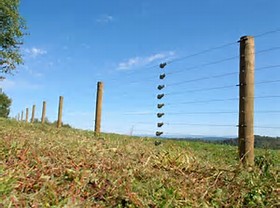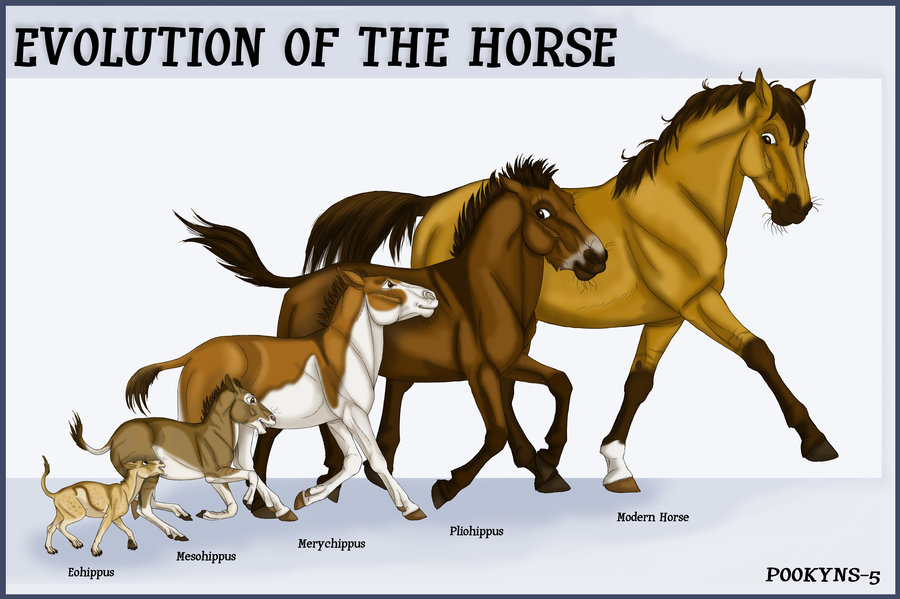Buying Shares In A Racehorse
Although the actual purchase of a racehorse may be a fairly simple one, actually owning, training and maintaining it is far from easy. Owning a racehorse involves having a lot of knowledge about the animal, how to care for it and how to get the most out of it in regard to racing, not to mention the time you will need to dedicate to it. If you like the idea of owning a racehorse but either don’t have the money, time or experience to do so, there is another option – buying shares in a horse. There are several reputable companies online that allow anyoneRead More →

